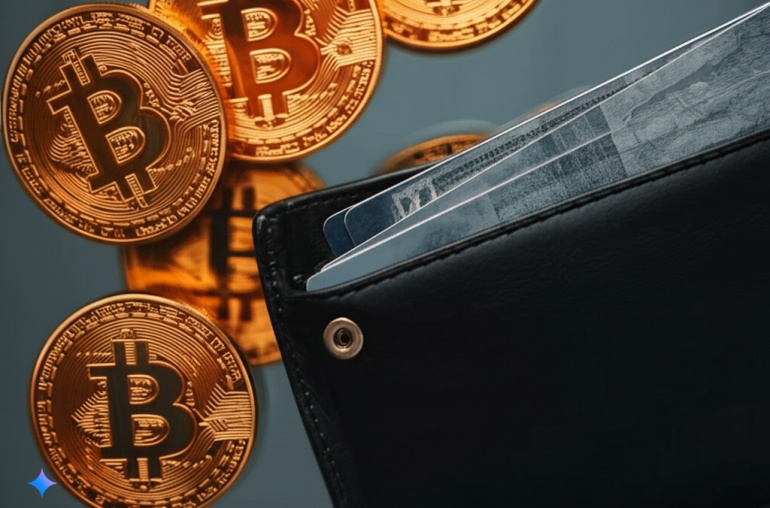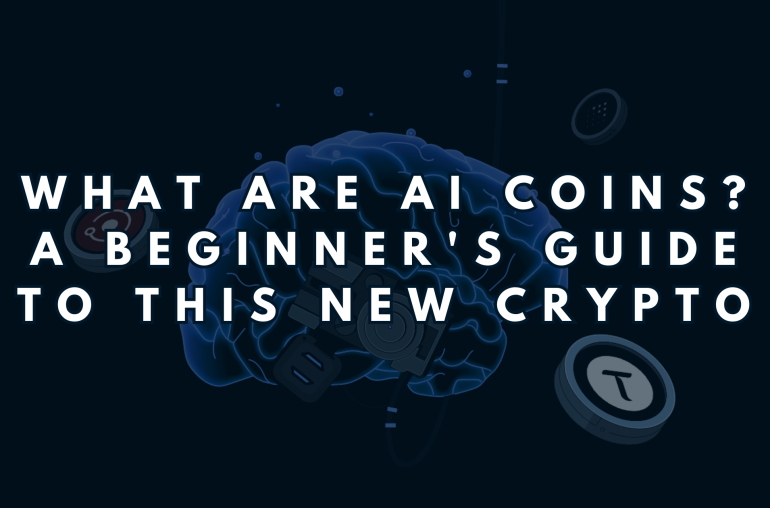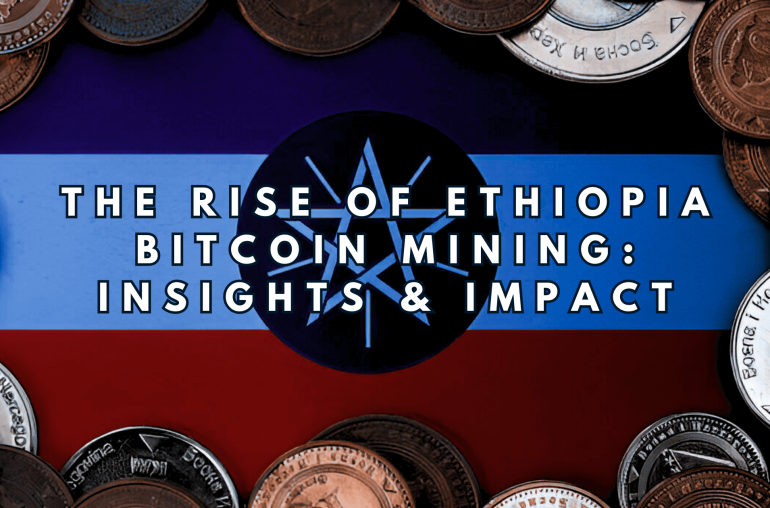Key Takeaways:
- The combination of AI and blockchain is creating powerful new technologies, but it also introduces unique risks that every investor needs to understand.
- [cite_start]For a Halal investment, the key is to focus on cryptocurrencies that have a clear, real-world utility (manfa’ah) rather than those that are used for pure speculation.
- Many standard crypto activities can conflict with Islamic finance principles. [cite_start]The “black box” nature of some AI traders and extreme market volatility can introduce excessive uncertainty (Gharar) and resemble gambling (Maysir).
- [cite_start]A new path is emerging with purpose-built, Sharia-compliant ecosystems like the HAQQ Network, which integrates ethical principles and vetting directly into its technology.
Most people hear ‘AI and crypto’ and immediately think of one thing: high-risk, speculative trading where you can lose your money overnight. And for a lot of the market, they aren’t wrong.
However, that’s only a tiny piece of a much bigger, more interesting picture. The truth is, a new wave of crypto is emerging that’s built on real-world utility, not just hype.
It’s a side of this world where you can invest based on value and principles. This guide is your starting point for Halal AI crypto investing and we’re going to show you how.
What Happens When AI Meets Crypto? A Beginner’s Guide
Before we dive in, let’s clear up some of the confusion. It’s easy to get lost in the buzzwords, so let’s quickly define our key players.
Think of blockchain as a super-secure digital notebook. [cite_start]It’s a decentralized and immutable digital ledger, which means no single person or company is in charge. [cite_start]Once something is written in this notebook, it can’t be changed, which creates a permanent and trustworthy record of transactions.
Cryptocurrency (like Bitcoin or Ethereum) is the digital money that lives on this blockchain notebook. [cite_start]It’s the tool we use to interact with the network, secured by cryptography.
Artificial Intelligence (AI) is all about creating smart systems that can learn from data. [cite_start]Instead of just following simple, fixed rules, AI can analyze information, spot patterns, and make decisions or predictions on its own.
When you bring them together, you get a powerful combination: AI provides the “brains,” and blockchain provides the “trust.” [cite_start]AI can analyze complex market data at lightning speed, while the blockchain can provide a tamper-proof audit trail for the AI’s actions, creating transparency.
How AI in Cryptocurrency is Revolutionizing Trading
So how does this actually work in the real world? The use of AI in cryptocurrency is already changing the game for traders in several ways.
- [cite_start]Predicting the Future: AI models can sift through enormous amounts of historical price data, trading volumes, and other metrics to find subtle patterns that humans would miss. This helps them to forecast potential future price movements.
- [cite_start]Reading the Room: Crypto prices are often swayed by hype and fear on social media. [cite_start]AI-powered sentiment analysis tools scan platforms like Twitter and Reddit to gauge the overall mood—whether it’s positive (bullish) or negative (bearish)—giving traders a potential edge.
- Automated Trading: AI enables complex strategies that are impossible to do manually. [cite_start]One classic example is arbitrage, where an AI scans multiple exchanges at once and instantly buys an asset on one where it’s cheaper and sells it on another where it’s more expensive, capturing a small profit.
Beyond Speculation: Finding Real-World Utility in AI Tokens
For a principled investor, the most exciting developments are in projects where the crypto token has a real, tangible use case. [cite_start]This concept is known in Islamic finance and crypto as manfa’ah (utility). This shifts the focus from speculation to value.
Think of projects like:
- [cite_start]**Fetch.ai (FET):** This is a platform for building an “economy of agents.” [cite_start]These are smart software programs that can perform economic tasks for you. [cite_start]The FET token isn’t just for speculation; it’s the essential currency needed to pay for these services and secure the network.
- [cite_start]Render Network (RNDR): This network is a decentralized marketplace for computing power. It connects artists and AI developers who need powerful GPUs with people who have idle ones. [cite_start]The RNDR token is the only way to pay for this rendering work, giving it a clear and undeniable utility.
In these cases, the token’s value is tied directly to the success and adoption of the network, not just market hype.
Navigating the Dangers: A Sober Look at AI Crypto Risks
As promising as this technology is, it’s crucial to be aware of the AI crypto risks. Trustworthy investing starts with understanding the downsides.
[cite_start]One of the biggest issues is the “black box” problem. [cite_start]Many advanced AI systems are so complex that even their creators can’t fully explain how they arrive at a decision. [cite_start]Entrusting your money to an algorithm whose logic is a mystery is a huge risk; if it starts making bad trades, you may never know why.
Furthermore, the power of AI can be used for harm. [cite_start]Malicious actors use sophisticated bots to run “pump-and-dump” schemes or deploy armies of fake social media accounts to manipulate sentiment and trick other traders’ AIs.
The Critical Question: Is Your AI Crypto Investment Halal?
For a Muslim investor, financial prudence is only half the story. The other, more important half is ensuring your investments are permissible under Islamic law.
This is where we need to look at three core principles of Islamic finance:
- [cite_start]Riba (Interest): Islamic finance strictly forbids earning interest—making money from money itself.
- [cite_start]Gharar (Excessive Uncertainty): All transactions must be clear and transparent. [cite_start]The extreme volatility of many crypto assets and the opacity of AI trading models can introduce a high level of uncertainty, which is problematic.
- [cite_start]Maysir (Gambling): Acquiring wealth through pure chance or speculation, rather than productive effort, is forbidden. This is why many scholars consider trading “meme coins” with no real utility to be impermissible.
Understanding Gharar in AI Crypto Trading
The concept of Gharar in crypto trading is especially relevant when we talk about AI. [cite_start]When you use an AI trading agent whose decision-making process is a “black box,” you are introducing a profound level of ambiguity into the transaction.
[cite_start]This lack of clarity is a modern form of Gharar, where the uncertainty lies not just in the market’s future, but in the decision-making tool itself.
The Path to Sharia-Compliant Crypto: An Introduction to the HAQQ Network
So, how can you navigate this complex landscape? [cite_start]Thankfully, a path forward is emerging with projects that are building Sharia compliance in from the very beginning.
The most prominent example is the HAQQ Network. [cite_start]It’s a blockchain designed from the ground up to be ethical and has even obtained a Fatwa from recognized Islamic scholars certifying that its structure is compliant.
Two of its key features are:
- [cite_start]The Sharia Oracle: This is an on-chain vetting system that approves smart contracts and apps, ensuring they are Halal before they can be added to the network’s official wallet. This acts as a filter, protecting users from interacting with forbidden activities.
- The Evergreen DAO: Charity (Zakat) is built directly into the network’s economic model. [cite_start]Every time new Islamic Coins (ISLM) are created, 10% are automatically deposited into a fund for Islamic charities and ethical projects.
Your Actionable Toolkit for Halal AI Crypto Investing
Feeling empowered to make your own decisions is the goal. Based on best practices, here is a simple checklist you can use to analyze any Sharia-compliant crypto project.
- [cite_start]Read the Whitepaper: Does it solve a real problem, or is it just marketing hype? [cite_start]It should have clear technical details, not just vague promises.
- [cite_start]Check the Team: Are the founders public, or are they anonymous? [cite_start]Look for a team with real, verifiable experience in blockchain and AI.
- [cite_start]Analyze the Token’s Utility: Is the token absolutely essential for the platform to work? [cite_start]If not, it might just be a tool for speculation.
- Do a Final Sharia Check: Ask yourself: Is the project’s business model Halal? Does it involve Riba? Is there excessive Gharar or Maysir? [cite_start]Does it have a formal Sharia certification?
Conclusion
The world where AI meets cryptocurrency is complex, exciting, and filled with risks. For the faith-conscious investor, it can feel like a minefield of ethical challenges. But it’s not a dead end.
The conclusion isn’t to avoid this technology, but to engage with it in a principled and educated way. This commitment to education is the cornerstone of successful Halal AI crypto investing.
By focusing on projects built on real-world utility instead of speculation, and by using a clear framework to evaluate them, a path for the ethical investor becomes clear. [cite_start]With the rise of purpose-built ecosystems that bake fairness and charity into their very code, it is possible to participate in the future of finance without compromising the principles of your faith.
What are your biggest questions about navigating the world of AI and crypto? Share your thoughts in the comments below!




